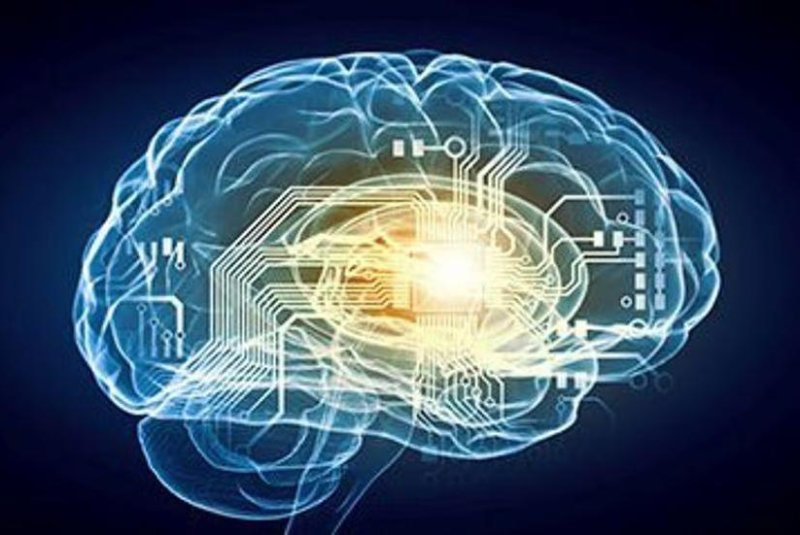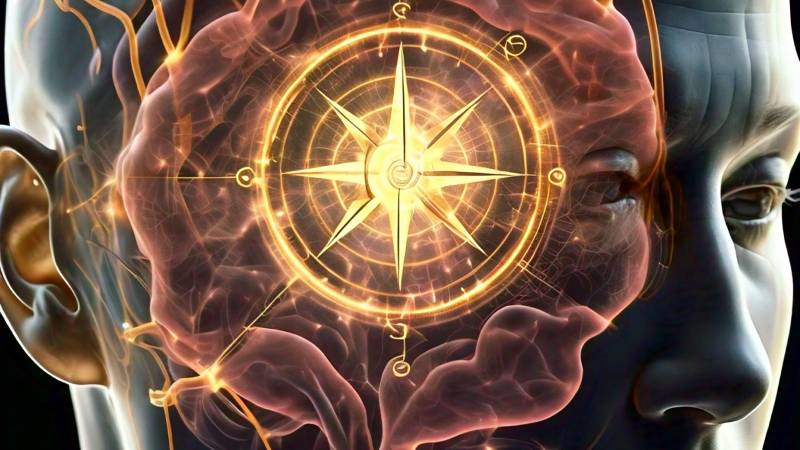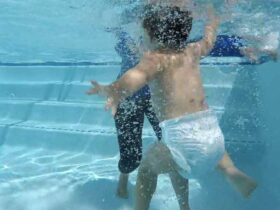United States: The scientists claim that they have discovered a basic “neural compass” which said to be a pattern of brain activity that scientists name which works by preventing humans from becoming lost.
More about the internal compass of humans
According to the researchers, humans have always used their internal compass to orient themselves and map the environment.
On May 6, researchers reported in the journal Nature Human Behavior that they have accurately pinpointed the atlas in the human brain where it resides.
Help in understanding Alzheimer’s kind of diseases
This revelation gives scientists a way into the mechanism of how people with dementia (Alzheimer’s and Parkinson’s) get disoriented, and this may further help in developing more effective treatments for them.

The lead researcher and a psychology fellow at the University of Birmingham in the U.K., Benjamin Griffiths, said, “Keeping track of the direction you are heading in is pretty important. Even small errors in estimating where you are and which direction you are heading in can be disastrous,” as US News reported.
Griffiths further added, “We know that animals such as birds, rats, and bats have neural circuitry that keeps them on track, but we know surprisingly little about how the human brain manages this out and about in the real world.”
More about the study
Researchers connected their method of brain activity tracking with the sophisticated devices which helped them monitor EEG signals in the participants who were active.
During the experiment, a group of 52 participants made four different round movements of their heads (from gazing to the front to the sides) by using their head or just their eyes, the computer monitors providing the verbal clues, and a scalp EEG device was in place to record their brain activity.
In addition, scientists additionally did the study with another ten participants who had implanted electrodes in their brains for tracking cerebral problems, including epilepsy.
The action demonstrated that a highly accurate signalers that could barely be sensed, straigh before one turned their head to a different direction was in the brain according to the scientists.
According to Griffiths, “Isolating these signals enables us to really focus on how the brain processes navigational information and how these signals work alongside other cues such as visual landmarks,” as US News reported.
He said, “Our approach has opened up new avenues for exploring these features, with implications for research into neurodegenerative diseases and even for improving navigational technologies in robotics and AI.”










Leave a Reply